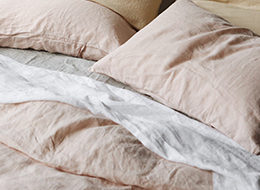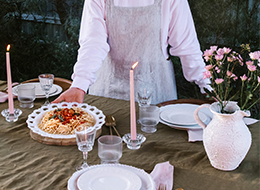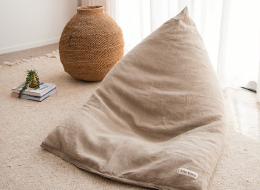
|
A Naturopath's Guide to Building a Better Relationship with Food |
||
|
___________________ The relationship we share with food is pretty damn important for health. However, for many individuals, feeling comfortable with food choices is a daily battle, often resulting in a vicious tango of stress and poor self-worth. A good relationship with food involves allowing yourself to eat the foods that make you feel good, both mentally and physically. There is no ‘good’ and ‘bad’ food lists, food is simply just food and utilized to fuel and nourish the body, enjoy and share with loved ones. With this mentality, you have a deep intuition with hunger and fullness signals and there are no strict meal plans or calorie counting.
|

|
___________________
Signs of a Poor Relationship with Food
You don’t have to experience all of the above to confirm you have a poor relationship with food. The main sign is if you feel shame, guilt, stress or fear around food. It’s important to remember that even with a positive relationship with food, you may occasionally still feel guilt, and this is okay, we’re all human! The goal is to have balance, and the positive experiences with food outweigh the negative.
|

|
___________________
Steps to Restoring Your Relationship with Food
|

|
___________________
Resources & Reaching Out
For some, letting go of disordered eating habits is extremely overwhelming, and may seem impossible. Fortunately, there are so many resources and professionals that want to help you on your journey. The Butterfly Foundation is a great place to start. Also reaching out to a psychologist can be extremely beneficial in understanding the drivers for your habits around food (everyone is unique and will have different drivers!). Butterfly Foundation help-line: 1800 334 673 Butterfly Foundation online chat: https://butterfly.org.au/chattokit/
|
.jpg)
|
About the Author |
||
|
___________________ Laura Ballin is a Clinical Naturopath (BHSc) passionate about empowering individuals to reconnect with their body and return home to their true-self. After battling with an eating disorder and various digestive concerns, Laura has a special interest in the gut, mental health, women’s hormonal health and skin conditions. Laura is available for consultations in South-East Queensland and online. |

|
___________________ Website: www.odetoself.com.au Instagram: @ode.toself |
 US/INT
US/INT 










